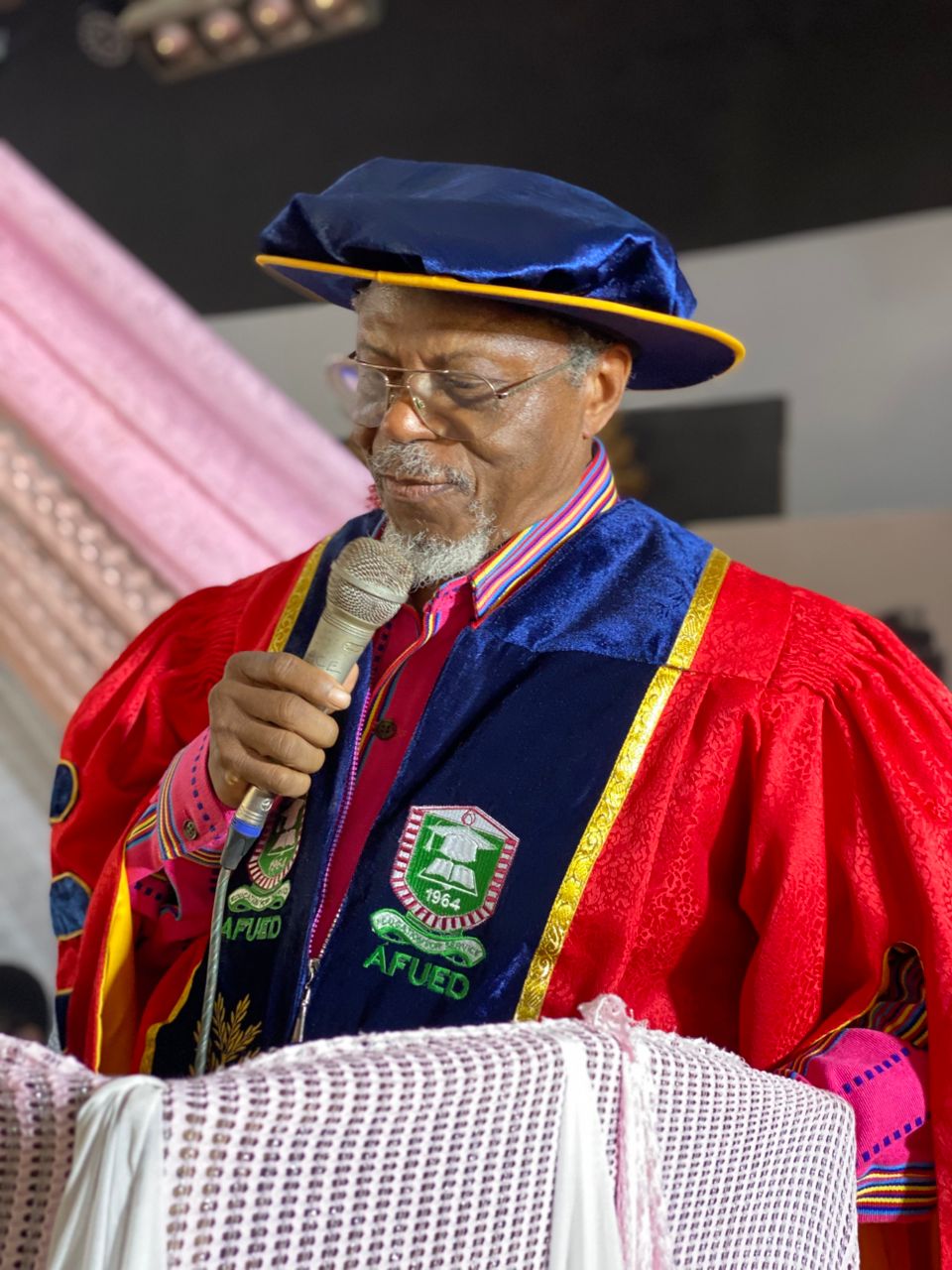Toyin Falola
Excerpt of Convocation Lecture, Adeyemi Federal University of Education, May 22, 2025
Under the vast African sky, where the hum of busy markets blends with the quietness of unrealized promise, a revolution silently in progress is developing. Often presented as a far-off problem for the elites of Silicon Valley or the legislators of Europe, artificial intelligence (AI) is progressively becoming woven into the fabric of Africa’s expected future. Thanks to artificial intelligence, which offers not only a tool for progress but also a fight for agency, a continent that has been historically excluded in global technological narratives now has the chance to rethink its position in the twenty-first century. Still, the road ahead is covered in contradictions. A place experiencing political unrest, inadequate infrastructure, and unequal access to education could be able to leverage a technology that needs strong digital ecosystems, but how can this be achieved? The answers are found in Africa’s great potential to innovate within constraints, not in copying of Western models.
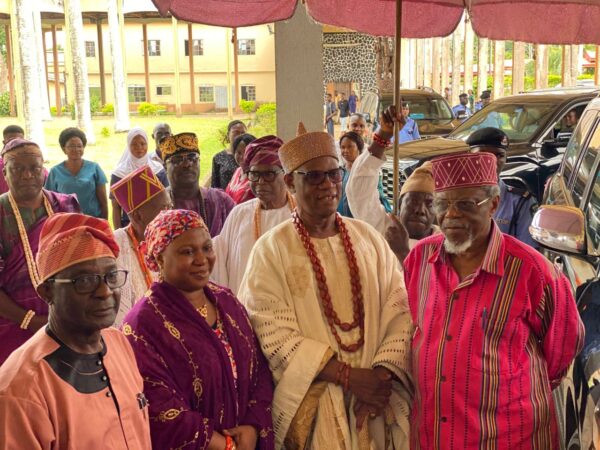
The youth of the continent offers a strong basis and is therefore its most valuable asset. For the workforce of Africa, the fact that sixty per cent of its people are under twenty-five offers both challenges and opportunities. Artificial intelligence-powered education systems tailored to local languages and contexts can democratize knowledge in nations where classrooms are packed and teachers are few. Startups like Eneza Education in Kenya have previously used SMS-based quizzes to reach children in rural locations, which offers a clue about the scalability of such ideas. Still, this is simply the surface. Imagine artificial intelligence teachers able to fit various accents, cultural quirks, and socioeconomic realities. These are instruments that not only disseminate knowledge but also encourage critical thinking in environments where memorising remained the accepted approach of instruction.
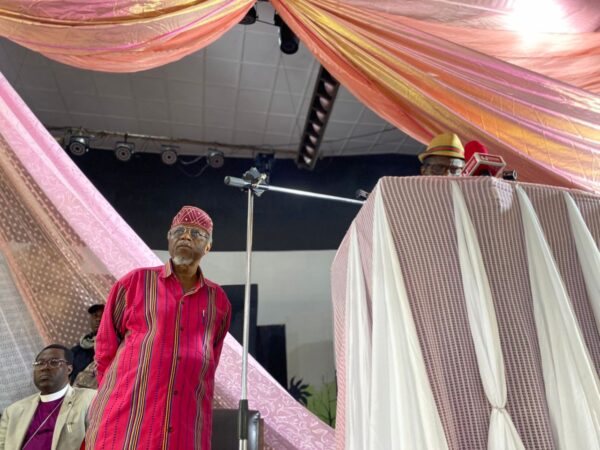
Another sector about to shift is the healthcare sector. With a single doctor treating more than 5,000 patients in Nigeria, artificial intelligence-powered diagnostics could close life-threatening gaps in that country. Startups like Zipline are using drones to deliver immunisations and blood to far-off areas of Rwanda and Ghana. Combining these logistics with predictive algorithms, however, could stop infections from spreading farther than they now do. While South African-based mobile apps like Ada Health can track symptoms, the merging of community health worker observations with machine learning represents the next challenge in order to create hyper-localised disease surveillance systems. The stakes are not to be discounted: Although it accounts for 25% of the global disease load, Sub-Saharan Africa barely employs 3% of all the health professionals worldwide. If artificial intelligence is developed with empathy instead of efficiency alone, it may be able to raise the influence of these workers, even if it will not be able to replace them.
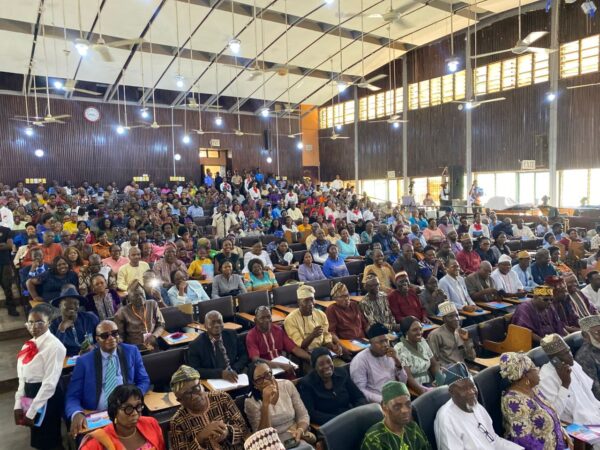
Many African economies are built on agriculture, which also shows another level of promise. Smallholder farmers, who account for eighty per cent of the food produced on the continent, are at more risk due to soil degradation and climate change. In this regard, artificial intelligence’s potential resides in data democratisation rather than in the building of futuristic robots. Platforms like Kenya’s Apollo Agriculture use satellite images and soil data to give farmers direction on fertiliser application and the time of planting. Nigeria’s Hello Tractor, a “Uber for tractors,” meanwhile, combines IoT and artificial intelligence to improve equipment sharing. These technologies enhance rather than replace conventional knowledge by combining mathematical precision with ancestral wisdom to reach climate resilience.
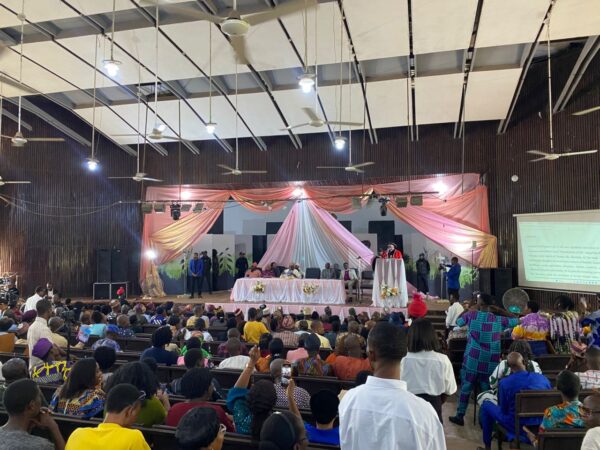
Though artificial intelligence has great promise, structural challenges of a kind limit its emergence in Africa. Access to electricity is still erratic; almost 600 million Africans lack consistent power, and internet penetration is roughly forty per cent. If artificial intelligence solutions lack a basic infrastructure, even the most advanced ones run the danger of being decorative. Furthermore, the data used to run these systems usually excludes underprivileged groups, therefore supporting prejudices. The fact that facial recognition software struggles to identify darker skin tones or voice algorithms that cannot parse regional accents teaches us that technologies trained on Western datasets will fail to perform sufficiently in African settings. What is the response? Locally generated ecosystems of data. Initiatives like the Lacuna Fund, which supports locally driven data labelling projects financially, are leading this shift. But scale-up such initiatives need political determination and international cooperation.
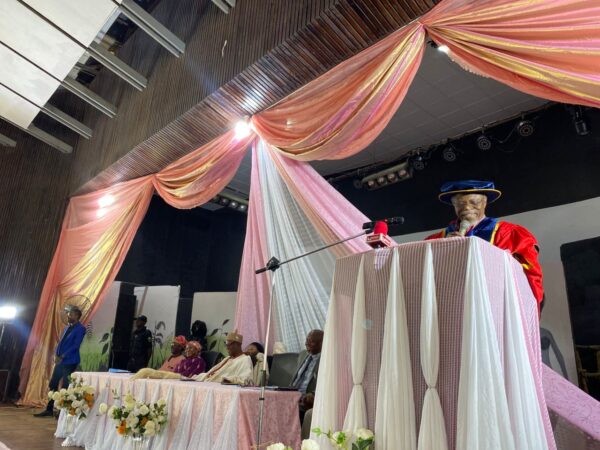
Critics contend that Africa should give fundamental needs top priority above modern technologies, therefore creating a false dichotomy. This continent must circumvent this process rather than enjoy the luxury of evolving linearly. Artificial intelligence has the same potential to hasten development in governance, education, and sustainability as mobile money has avoided established banks. Consider the artificial intelligence-driven water management systems in Senegal or the machine learning application in Cape Town to project wildfires. These are needs rather than luxuries in places where rising urbanisation and climate change are straining the already-existing systems.
Conversely, leapfro calls for more than just tools; it calls for sovereignty. Multinational companies and politicians from other nations are already endangering Africa’s digital future by forming alliances that usually give extraction top priority over equity. Should the continent cede control of its artificial intelligence infrastructure, colonial tendencies could be repeated under the mask of algorithms. One can get a solution in the development of local talent and data flow control. Rwanda’s partnership with Carnegie Mellon University to build an artificial intelligence research centre in Kigali reflects this mindset. This facility will mix African goals with global experience.
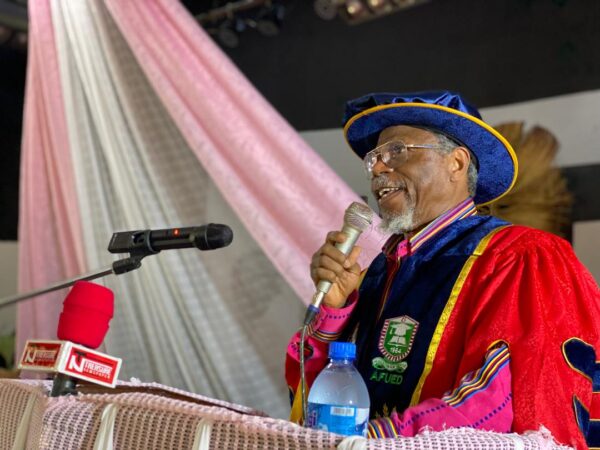
One thing is clear as the sun sets over the innovation labs in Nairobi and the tech hubs in Johannesburg: the path Africa is travelling in the field of artificial intelligence cannot be a carbon copy of the paths others have followed. It must be as vibrant, varied, and strong as the continent itself; it must be a fabric of local creativity and worldwide collaboration. Still, the road ahead is totally unknown and calls for financial commitment as well as introspection. Based on Ubuntu, the concept of shared humanity, how can ethical frameworks direct the growth of artificial intelligence? Regarding the control of algorithms, what role should current governing bodies play?
Rising with a great feeling of urgency are ethical quandaries that surface as African nations negotiate the labyrinth of artificial intelligence use. The potential of the technology is hidden behind issues of particular relevance for the sociopolitical scene of the continent. Many African nations lack any thorough data protection laws at all, while Europe is trying to follow the General Data Protection Regulation (GDPR), and the United States is battling digital monopolies. A mother in Lagos using a maternity health app could unintentionally provide her biometric data to servers situated abroad. Offshore stored algorithms could be able to monitor the movements of drivers in Addis Ababa, offering ride-hailing services. These are real-life events in metropolitan regions where the spread of digital services is surpassing the development of regulatory guardrails, not hypothetical ones.
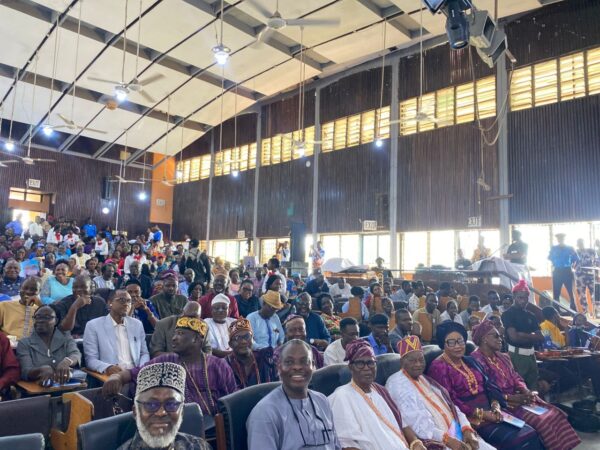
Lack of locally tailored ethical systems leaves a hole that foreign corporations readily supply. While Chinese businesses like Huawei and ZTE have become part of Africa’s telecoms infrastructure, American tech giants are supporting artificial intelligence labs in exchange for data access. Sometimes presented as “win-win,” the dynamic that is uncomfortably evocative of colonial resource extraction, such collaborations run the danger of committing African governments to the role of mere data suppliers in the global economy of artificial intelligence. Who stands to gain from the money generated by commercialising algorithms created on African data? The controversial arrangement Kenya signed with a British company to create facial recognition technologies emphasises the gravity of the issues. Later on, this deal was denounced for allowing government monitoring. If strict ethical criteria and legal sovereignty are not followed, artificial intelligence could turn from a tool of emancipation to a tool of domination.
The bias in artificial intelligence systems aggravates these risks. The results of a 2023 study show that popular language models, when questioned about African leaders, often created stories that were Eurocentric or erroneous in terms of the facts. This is epistemic erasure, not only technical supervision. Natural language processing allows computers to reinforce historical prejudices by underrepresenting Swahili, Yoruba, or Amharic, therefore contributing to the continuation of a digital marginalisation mirroring centuries of cultural subjugation. The effects go beyond the annoyance they bring about. Recruitment systems in Johannesburg that give resumes written in English could exclude skilled people from townships from being considered. Using diagnosis techniques biased in Dakar could lead to the neglect of diseases common in local communities but not included in Western medical databases.
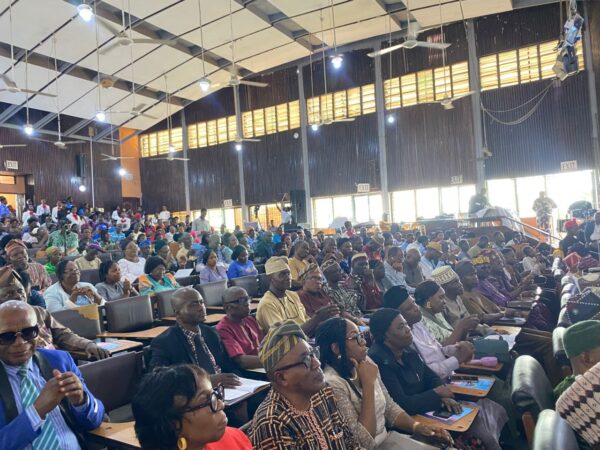
Africa, on the other hand, is not just silently suffering these challenges. Grassroots movements today are reclaiming the story. Recent initiatives by the African Union to create a continental policy framework for artificial intelligence (AI) give data sovereignty top priority and inspire members to see data as a strategic asset equivalent to oil or minerals. Under Nigeria’s National Artificial Intelligence Strategy, which explicitly stresses “inclusive design,” public-sector artificial intelligence systems must pass bias audits. Training algorithms on datasets reflecting the language diversity and cultural complexity of different African nations helps companies like Data Science Africa to promote research undertaken inside the continent itself. These activities, which show a move toward epistemic agency—a rejection to let outsiders decide the digital fate of Africa—indicate even if they are still in their infancy.

The geopolitical undercurrents intensify the intricacy of this scene. Africa has become a theatre for “AI diplomacy” as the rivalry between the US and China in the realm of technology gets more fierce. Part of Beijing’s Belt and Road Initiative, the “Digital Silk Road” initiatives exist. These initiatives develop smart city infrastructure ranging from Egypt to Zimbabwe. The US government replies with programs like the Partnership for Global Infrastructure and Investment, which promises to finance “secure” technical networks. While the United States advocates open-source platforms connected to democratic values, China exports surveillance technologies under the cover of “stability.” Although both countries present their involvement as being charitable, their policies show conflicting goals. African leaders have a difficult decision to make: either go it alone and risk losing money, or link themselves with a superpower and run the risk of being dependent on them.
A handful of nations are trying to strike a compromise. Rwanda and the World Economic Forum are developing prototype artificial intelligence governance guidelines together. This cooperation brings local objectives together with international norms. Ghana’s Artificial Intelligence for Sustainable Development project, which is partially funded by the European Union but run by academics based in Accra, has as its main objectives agricultural and climate resilience. These simulations suggest that sovereignty does not inevitably mean isolation. By means of international alliances under the control of execution, African governments can avoid the neocolonial traps of former times.
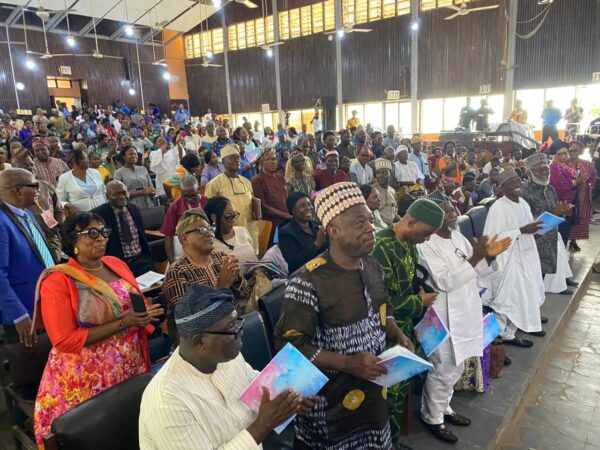
Even these alliances, meanwhile, highlight challenging issues. Who owns the intellectual property when a foreign company sponsors a Nairobi artificial intelligence startup? Does the climatic fragility of Africa become a commodity when Cape Town constructed drought prediction models marketed to European agribusinesses? Effective cooperation and exploitative behaviour still have quite a thin line separating each other. Activists argue that the continent should embrace its own “terms of engagement,” which would call for taxing data exports, ensuring that international businesses keep data locally, and imposing technology transfers. Though politically controversial, these kinds of strategies could help to share power in an environment with global unevenness.
The addition of cultural context complicates ethical waters yet more. The individualism embedded in Western-designed artificial intelligence ethics clashes with the community decision-making customs common in many African countries. For instance, the European focus on “informed consent” assumes, based on legal knowledge and reading level, that people in rural areas are perhaps absent from such communities. How can the agreement of the Malawandan people, who have limited exposure to the ideas of digital privacy for an artificial intelligence health project, be reached? Scholars, include Nigerian tech ethicist Abeba Birhane, have put forth hybrid approaches. These models are included in the AI monitoring procedures of conventional governing systems, including elders’ councils. This method respects the Ubuntu concept by inserting the idea of community wellness into the design of algorithms, even if it generates several logistical difficulties.
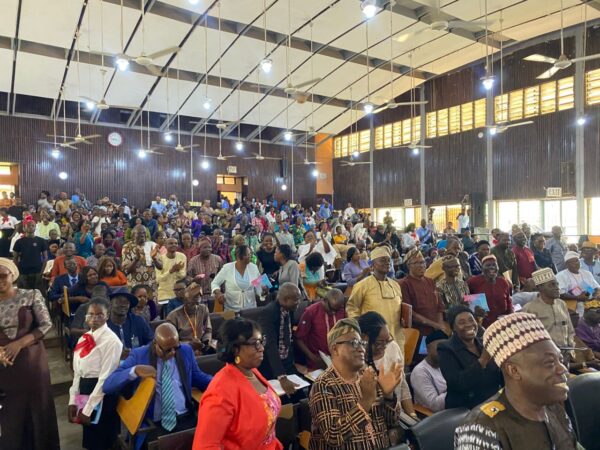
Still another hazard is the surveillance capitalism system that presents itself. Governments throughout the continent—from Ethiopia to Morocco—have deployed artificial intelligence (AI) capabilities to quell opposition. These countries tracked protestors using facial recognition technologies and sentiment analysis to censor social media. These abuses highlight a horrible reality. Artificial intelligence’s dual-use potential veers toward authoritarianism without strong democratic structures. The answer is not to reject the technology but rather to democratise its control. Founded under the POPIA Act, the Information Regulator of South Africa offers a model for an objective body authorised to investigate privacy concerns linked to artificial intelligence. Such models cannot be scaled all over the continent without great political cooperation. But the alternative, a patchwork of repressive and progressive governments, might destroy Africa’s ability for digital unity.
Simultaneously, the role the private sector contributes to this ecosystem is highly controversial. From finance to logistics, there are a lot of business-minded people in African digital hubs ready to “disrupt” numerous sectors, but innovation usually outpaces responsibility. A Nigerian fintech startup uses artificial intelligence to deny loans to whole towns in Nigeria based on postal code data, therefore ensnaring poverty while preserving the seeming objectivity. The fact that a content algorithm in Kenya provides sensationalist news priority in order to increase traffic fuels the polarization of society. New paradigms will be needed to enable one to balance societal obligations with entrepreneurial aspirations. The cooperative paradigm, in which artificial intelligence tools are jointly owned by the communities they serve, is one prospect.
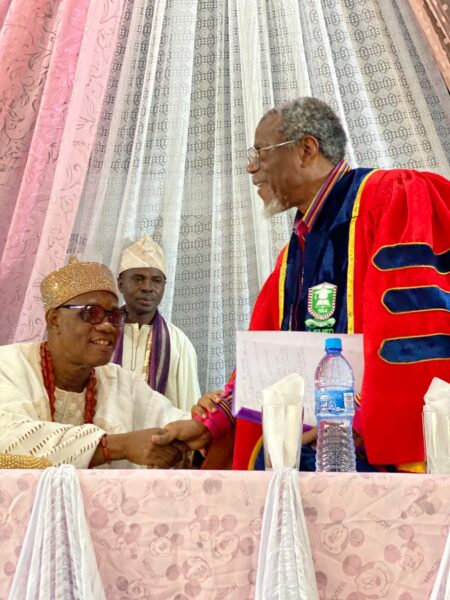
An overall fact is becoming increasingly clear as debates on ethics and geopolitics simmer: it is impossible to separate Africa’s quest for fair globalisation from its development in artificial intelligence. The continent’s capacity to exploit this technology depends on rewriting the guidelines of interaction, not only with regard to algorithms but also with relation to the powers pushing the digital era.
Artificial intelligence’s development in Africa is more of a reinvention than just simple adoption. This is a chance to mould a technology future reflecting the complexity, aspirations, and moral obligations given by the African continent. The urgent issue that emerges when dawn breaks over a digital horizon is not whether or if Africa is able to leverage artificial intelligence; rather, it is how the continent can make sure the technology acts as a ladder for the many rather than a lift for the few. The solution is found in a mosaic of approaches: aggressive policy, grassroots creativity, and a realignment of world power relations.
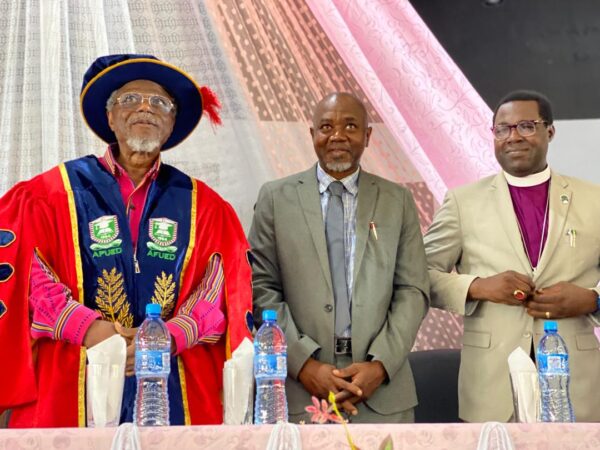
The core of this idea is a reevaluation of education. Already writing, these are African children who are technologically adept and sometimes referred to as the “cheetah generation.” Twenty-two-year-old Nelly Cheboi manages TechLit Africa in Kigali under a nonprofit status. The company is a kind of circular innovation since it teaches coding in rural Kenyan schools using abandoned American laptops. Likewise, the Tunisian artificial intelligence team known as InstaDeep trains local engineers and collaboratively develops models for pandemic prediction with multinational biotech companies. Not all of Africa’s artificial intelligence workforce has to leave the continent for it to grow. By setting up research centres and vocational programs inside their own countries, nations can help to curb the long-standing “brain drain”. Two initiatives of such nature include Egypt’s Nile University AI Lab and Nigeria’s AICE Robotics Academy. But this calls for the development of ethical literacy as much as STEM classes. Projects aiming at producing engineers with Ubuntu values in mind include Ghana’s Responsible AI Network, which combines philosophy with computer science.
The change in the economy has to follow. The International Monetary Fund (IMF) projects that by 2030 artificial intelligence could boost Africa’s GDP by $1.2 trillion; but, this depends on equitable distribution of the benefits. Now, think of mobile money: M-Pesa needed to adapt technology to the unofficial economy if it was to be effective in Kenya. By analysing alternative data, such as activity on social media and payments to utilities, which traditional banks overlook, artificial intelligence-driven platforms such as Tanzania’s NALA and South Africa’s Yoco are democratizing access to finance for small enterprises. Such tools, without protections, also run the danger of further separating individuals. Low-income areas suffer more expensive rates when Johannesburg-based insurance companies use artificial intelligence to price policies depending on local crime statistics. Governments must promote openness if they are to prevent artificial intelligence from automating inequality. A model comes from Rwanda’s newly passed law requiring artificial intelligence systems in the banking industry to identify risk concerns.
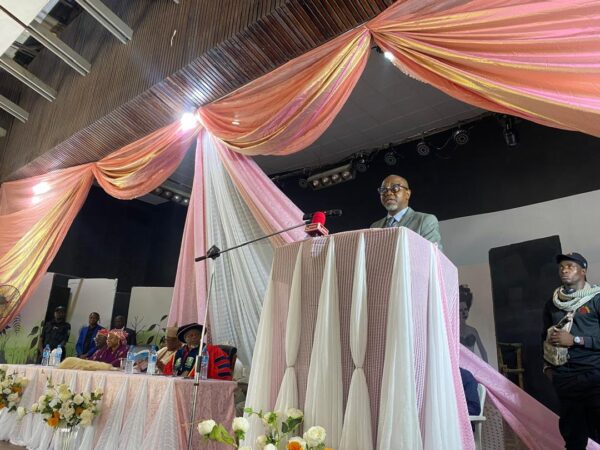
Policy also requires a great deal of innovation. African governments are developing context-driven frameworks concurrently with the European Union’s debate about artificial intelligence control under a risk-based perspective. With rigorous audits for public-sector algorithms and a more laid-back approach for startups, Kenya’s artificial intelligence bill presents hierarchical oversight. Given Senegal’s vulnerability to rising sea levels, the Digital Economy Strategy gives artificial intelligence top attention for environmental monitoring. The several strategies adopted show that the continent is not ready to be limited to one paradigm. Conversely, fragmentation can be dangerous. Should a Burkina Faso farmer send their goods to Ghana via an artificial intelligence soil app, they may run across mismatched needs. Launched in 2025, the Continental Artificial Intelligence Strategy of the African Union seeks to bring about peace by encouraging agreed standards on data governance and protecting national sovereignty in line with peace. Its success depends on political courage to approve noncompliance, which presents a difficulty in a group where consensus usually comes first above enforcement.
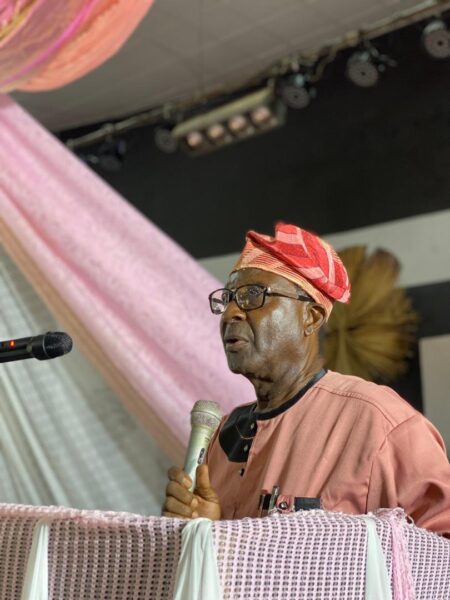
If renegotiated, international partnerships could accelerate development by means of speed. It is rapidly going out of the current to believe that Africa is only a passive assistance recipient. For instance, Egypt and South Africa are today members of the G7 countries-based Global Partnership on Artificial Intelligence (GPAI). Their backing of “fair algorithmic trade” laws, which mandate international businesses to fund local infrastructure with a percentage of their artificial intelligence earnings, is changing multilateral negotiations. Even acts of charity are always evolving: Different from the top-down models utilised in the past, the Gates Foundation’s artificial intelligence funding now calls for co-design with African academics. Still, actual equity cannot be guaranteed with just consultation checks. The terms of the funding for a Nigerian agritech company provided by the International Finance Corporation (IFC) must guarantee that proprietary algorithms are maintained under local control and are not passed on to offshore patents.
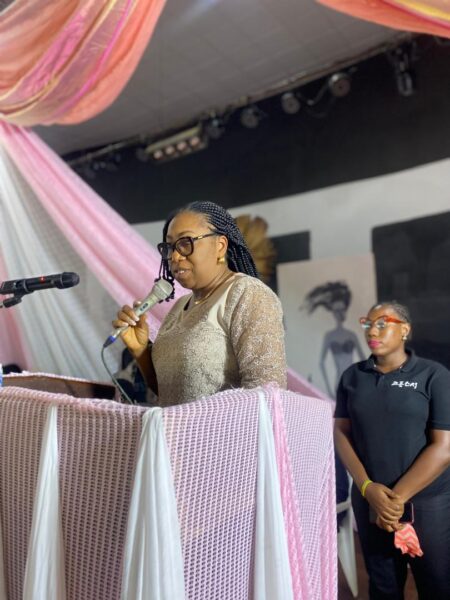
The urgency and the stakes become even more crucial given the state of the climate. The paradoxical participation of artificial intelligence in averting environmental collapse is that it consumes a lot of energy while still suggesting sustainable solutions. Ethiopia’s artificial intelligence-powered reforestation drones, which plant 120,000 seedlings every single day, best illustrate this paradox. Africa must forward green artificial intelligence if it is to traverse it. Already running more than a million houses is Morocco’s NOOR Solar Plan, coupled with AI-driven grid management. To scale up such initiatives, climate finance has to be rethought. Why should African countries borrow at premium rates when past polluters provide loans instead of reparations for the funding of artificial intelligence-based climate solutions? At COP, a contentious yet provocative notion is gathering traction; campaigners are pushing for the collateral usage of carbon credits created by artificial intelligence.
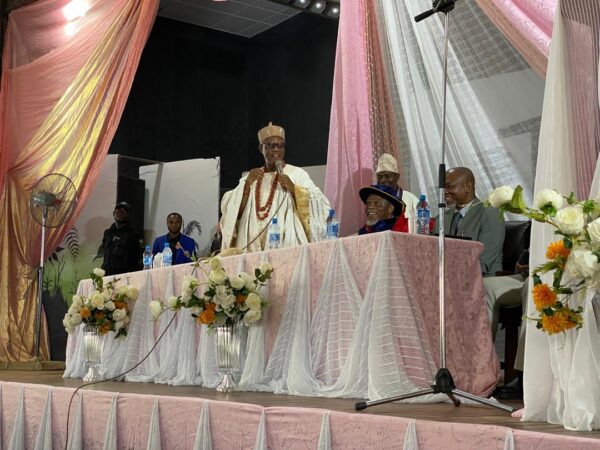
Regarding culture, artificial intelligence calls for combining the modern and the traditional. Together with San elders, tech entrepreneurs in Botswana employ voice recognition driven by artificial intelligence to archive traditional knowledge. This generates datasets for next natural language processing technologies as well as helping to conserve languages like Naro. Benin Vodun priests guarantee that spiritual values are taken into account during the design process of artificial intelligence, therefore offering insightful analysis to artificial intelligence ethics boards. These fusions question the idea that tradition and technology cannot coexist even if they are still young. They suggest a future whereby artificial intelligence diversifies rather than becomes more homogeneous by including the several epistemologies of the continent into its algorithms.
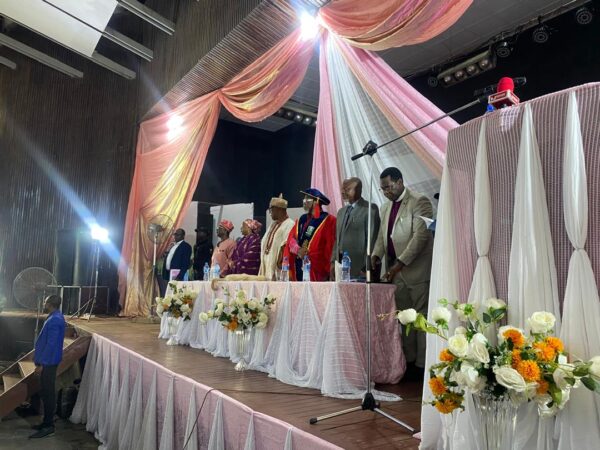
None of this will matter without addressing the darkest prospect of artificial intelligence—that is, the advent of dictatorship. The fact that Zimbabwe watches opposition voices using surveillance systems built in China while Cameroon employs propaganda bots created by artificial intelligence highlights the risks of technology. In this regard, civic society is absolutely vital. Digital watchdogs include companies like Uganda’s Policy, which checks the government’s artificial intelligence to make sure it follows human rights criteria. Their efforts help to clarify an inevitable reality: the management of artificial intelligence has to be as distributed as its development. Using citizen juries, community-led review boards, and participatory design sprints helps one democratize control. This would guarantee that, rather than only serving the interests of the government or businesses, algorithms represent the will of the people.
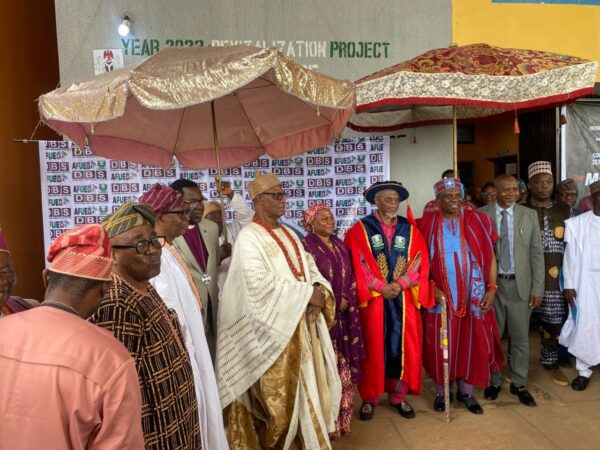
Africa’s path toward artificial intelligence ultimately reflects the greater aspiration for self-determination of the continent in microscopic form. The technology is a mirror reflecting the potential for resilience and the tensions on the continent, not a saviour nor an enemy. As demonstrated by the quantum computing labs rising in Nairobi and the algorithm-assisted midwives saving lives in the villages of Malawi, African nations are creating their own distinctive digital identities. Still, an empty identity is one devoid of agency. The continent needs artificial intelligence not only as a tool for efficiency but also as an instrument of justice to help it stay out of historical pitfalls. This covers correcting colonial injustices, healing gender divisions, and elevating the voices of underprivileged groups.
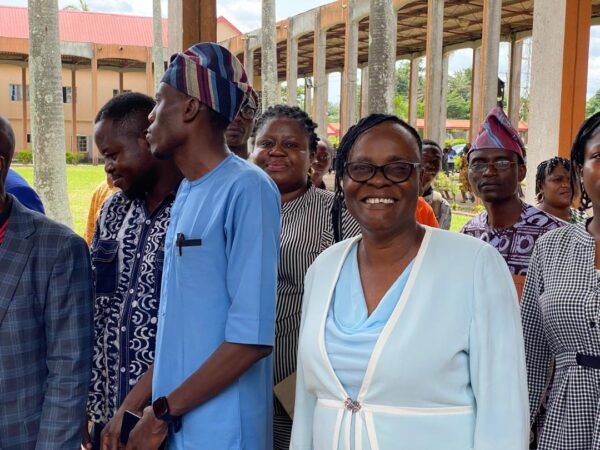
Ahead is a difficult journey. Power outages will impair data centres; cash will be diverted because of corruption; and geopolitical storms will be raging. One thing history has shown us, nevertheless, is that Africa can be creative out of a dearth of resources. The mobile money revolution began in a high-rise building in Nairobi rather than in London or Palo Alto; a basic question was asked: “What if we skip the bank?” As the promise of artificial intelligence grows more clear-cut today, the continent faces still another extreme question: what if we rewrite the rules?
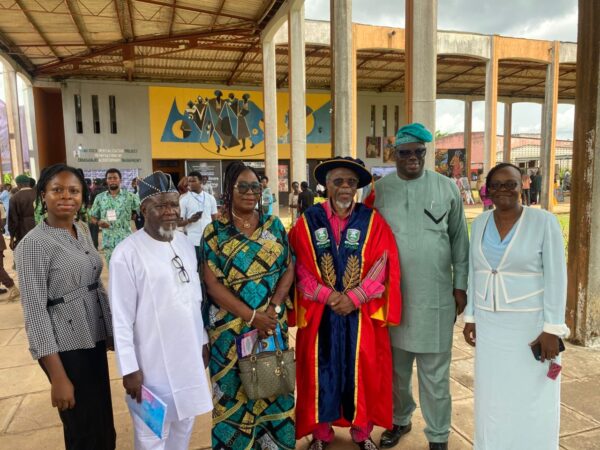
Though it is not written down, the code of startups, the demonstrations of digital activists, and the quiet determination of a generation ready to seize its route ahead contain the answer. Like the people living in Africa, the story of artificial intelligence in the continent defies Western binaries, fatalistic clichés, or the limits of what is envisioned. The story is still being told right now, one algorithm, one policy, one village at a time.
